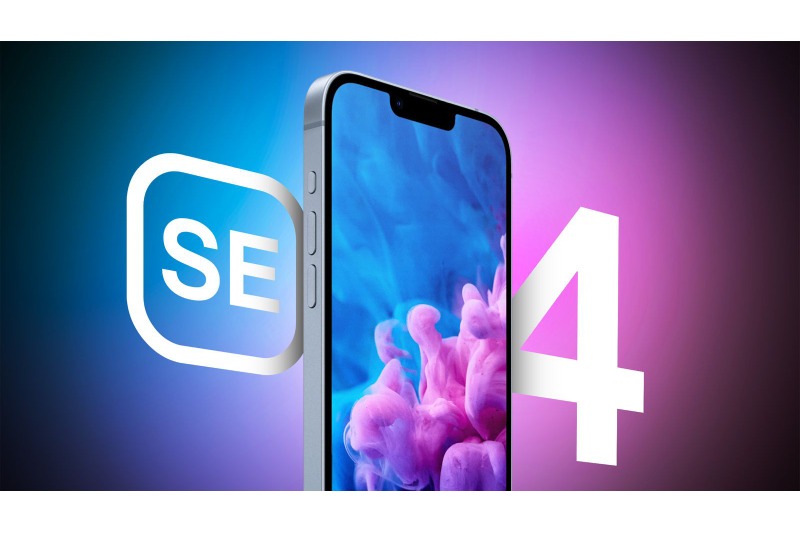Artificial intelligence elements from Apple Inc. will roll out later than planned, delaying the first release of the company’s next software updates for the iPhone and iPad but allowing them more time to iron out glitches.
According to people with knowledge of the situation, the company intends to start releasing Apple Intelligence to consumers as part of software updates that will arrive by October. According to those who asked not to be named when discussing the specifics of the upcoming release, this implies that the AI features will be available a few weeks after the original iOS 18 and iPadOS 18 releases, which are scheduled for September.
Nevertheless, the manufacturer of iPhones stated that as early as this week, iOS 18.1 and iPadOS 18.1 betas will be made accessible to app developers for the first time for early testing of Apple Intelligence. This is an unusual approach because the corporation often waits to make follow-up update previews public until right before the formal release of the next software generation.
Compared to typical, the stakes are larger. Apple needs developer participation to work out kinks and conduct extensive feature testing before releasing its major AI investment to consumers. The company separated the features from the first release of iOS 18 and iPadOS 18 in part due to concerns about the stability of the Apple Intelligence features.
At its Worldwide Developers Conference in June, Apple revealed the new features and operating systems, stating that Apple Intelligence would make its debut with iOS 18 and iPadOS 18. Due to the revised schedule, the AI features won’t be generally available until after the new operating system is updated. A representative at Apple declined to comment.
The tech behemoth hopes to finish development by the end of July, and last week it made the iOS 18.0 fourth beta available to developers. Every September, Apple releases new software along with their latest iPhone models. In order to put the software on the devices before they are shipped out of the factory, it is necessary to finalize the operating system several weeks earlier.
According to Apple Intelligence’s release schedule, it’s possible that the initial iPhone 16 units that are supplied to customers this year won’t include the new AI features and will need a software upgrade a few weeks later. A number of capabilities are included in Apple Intelligence, such as the ability to prioritize important notifications, summarize web pages and voice notes, enhance writing abilities, update Siri, and integrate OpenAI’s ChatGPT.
There will be some features missing from Apple Intelligence, even when iOS 18.1 and iPadOS 18.1 arrive. This features some of the biggest updates to Siri, like the capacity to process inquiries using data from the device and the ability to use the user’s screen to contextualize responses.
Throughout the end of 2024 and the first part of 2025, the company intends to release many updates to iOS 18 that will include the entire suite of Apple Intelligence features, according to a News article. Beyond the iPhone and iPad, Apple Intelligence will be included into macOS Sequoia and available on Mac machines equipped with proprietary Apple hardware. Though a later release is anticipated for the Vision Pro, it is also under development for that device.
In the generative AI field, which has taken the world by storm and completely disrupted consumer gadgets and businesses in the last year, the tech giant is placing its bets on Apple Intelligence to help compete. Apple also thinks that the new capabilities could boost sales of new iPhones this year, which is why they are only supporting the iPhone 15 Pro from last year and the upcoming iPhone 16 range.
Software-related improvements, along with a new button for managing the camera and a speedier chip, will do the heavy lifting to sell the new models while the iPhone 16 range will see few design changes.


 Business4 weeks ago
Business4 weeks ago
 Health4 weeks ago
Health4 weeks ago
 Technology3 weeks ago
Technology3 weeks ago
 Sports3 weeks ago
Sports3 weeks ago
 Science3 weeks ago
Science3 weeks ago
 Business2 weeks ago
Business2 weeks ago
 Science2 weeks ago
Science2 weeks ago
 Science1 week ago
Science1 week ago











